Giving Back Smiles
Delivering smiles around the country
Dental cavities are the most common and most preventable disease across the globe
In developing countries, the number of dentists for the population may be as high as one dentist to one million people.
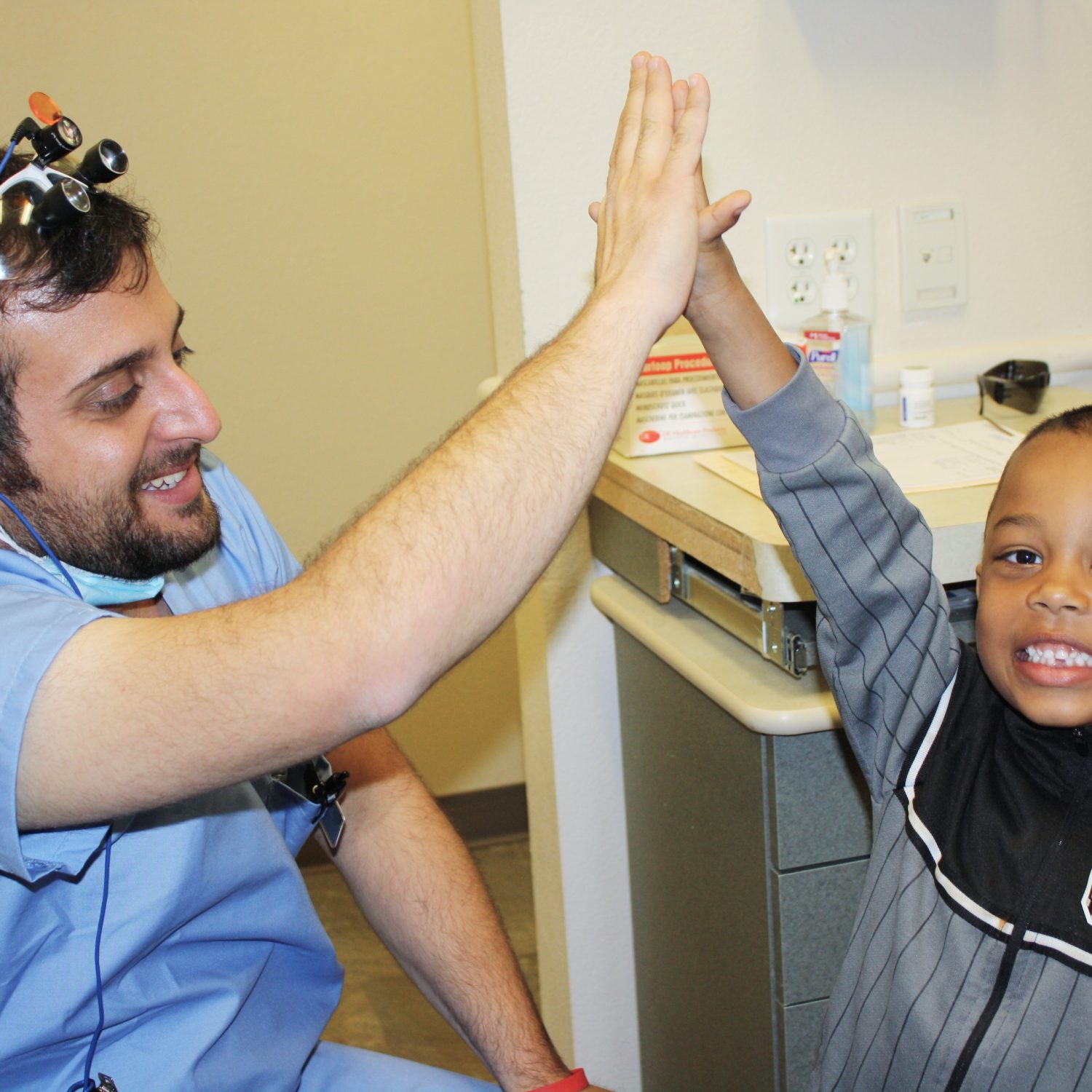
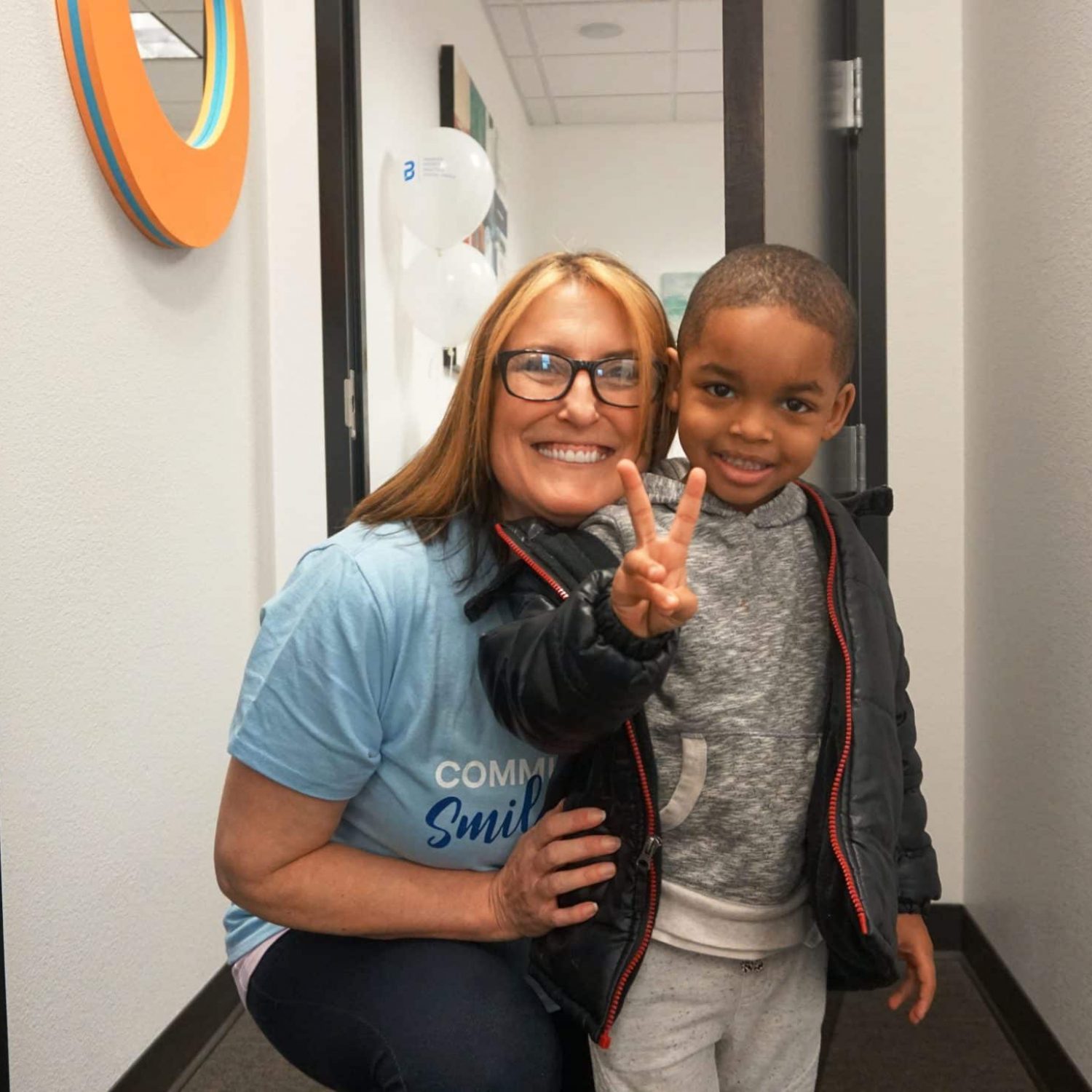
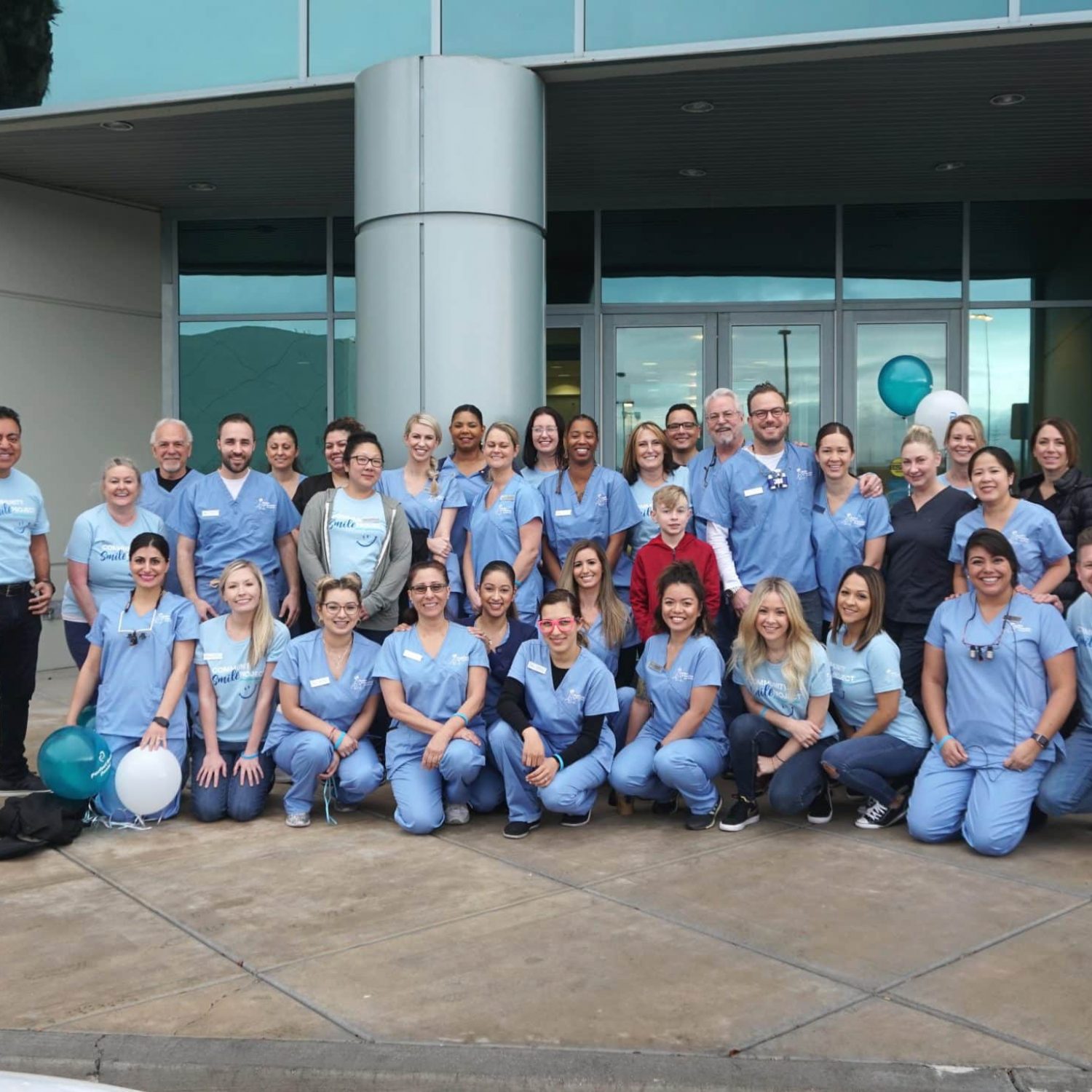
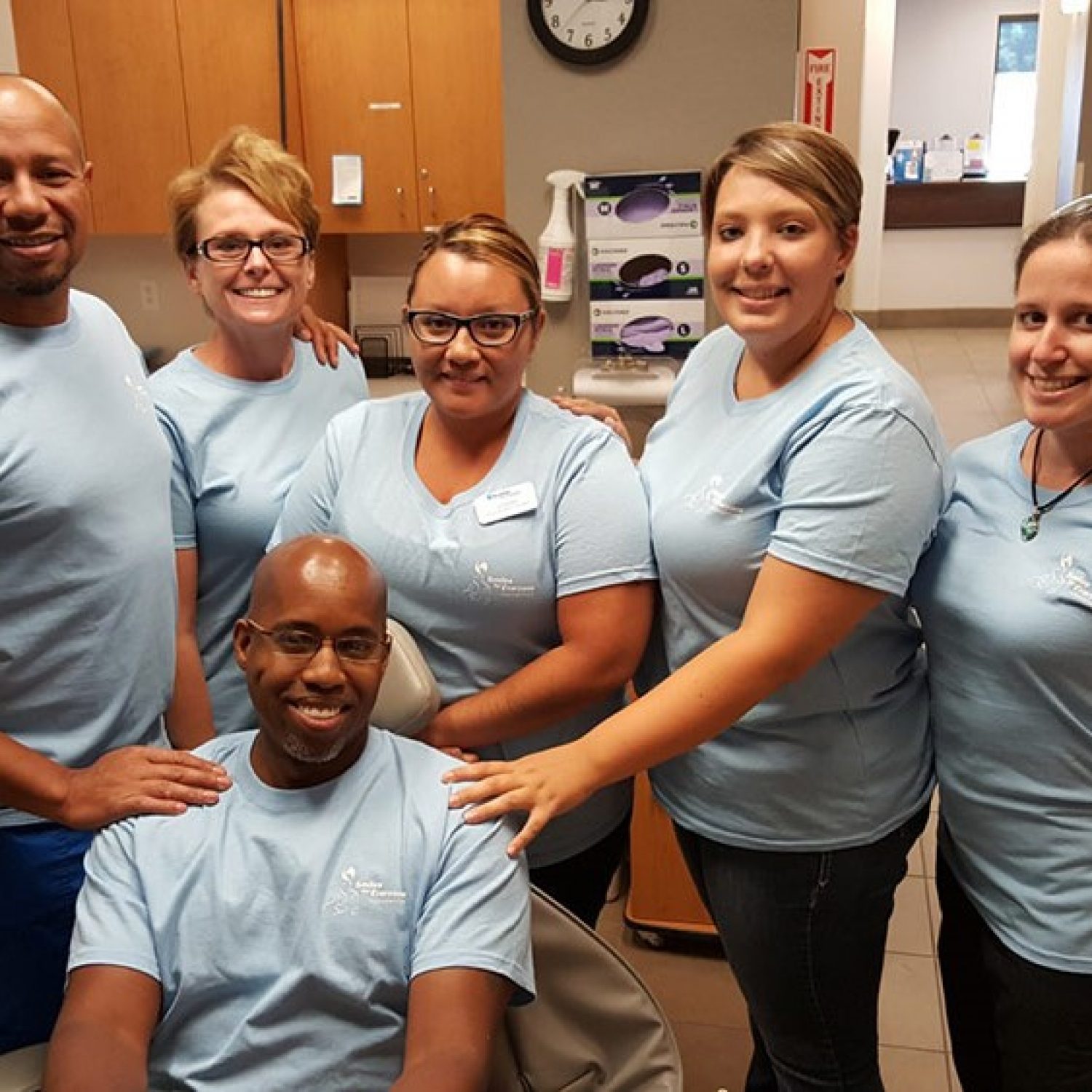

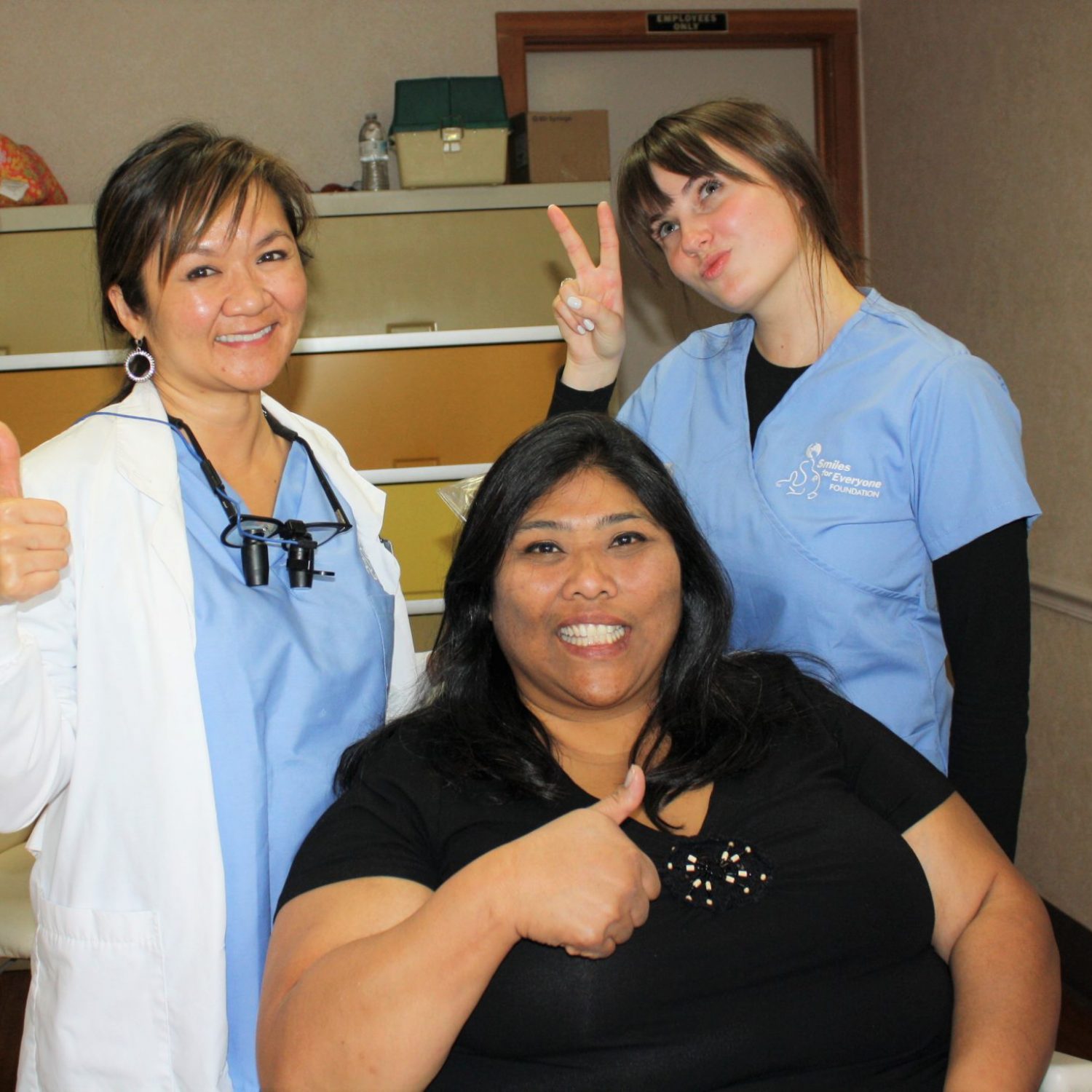
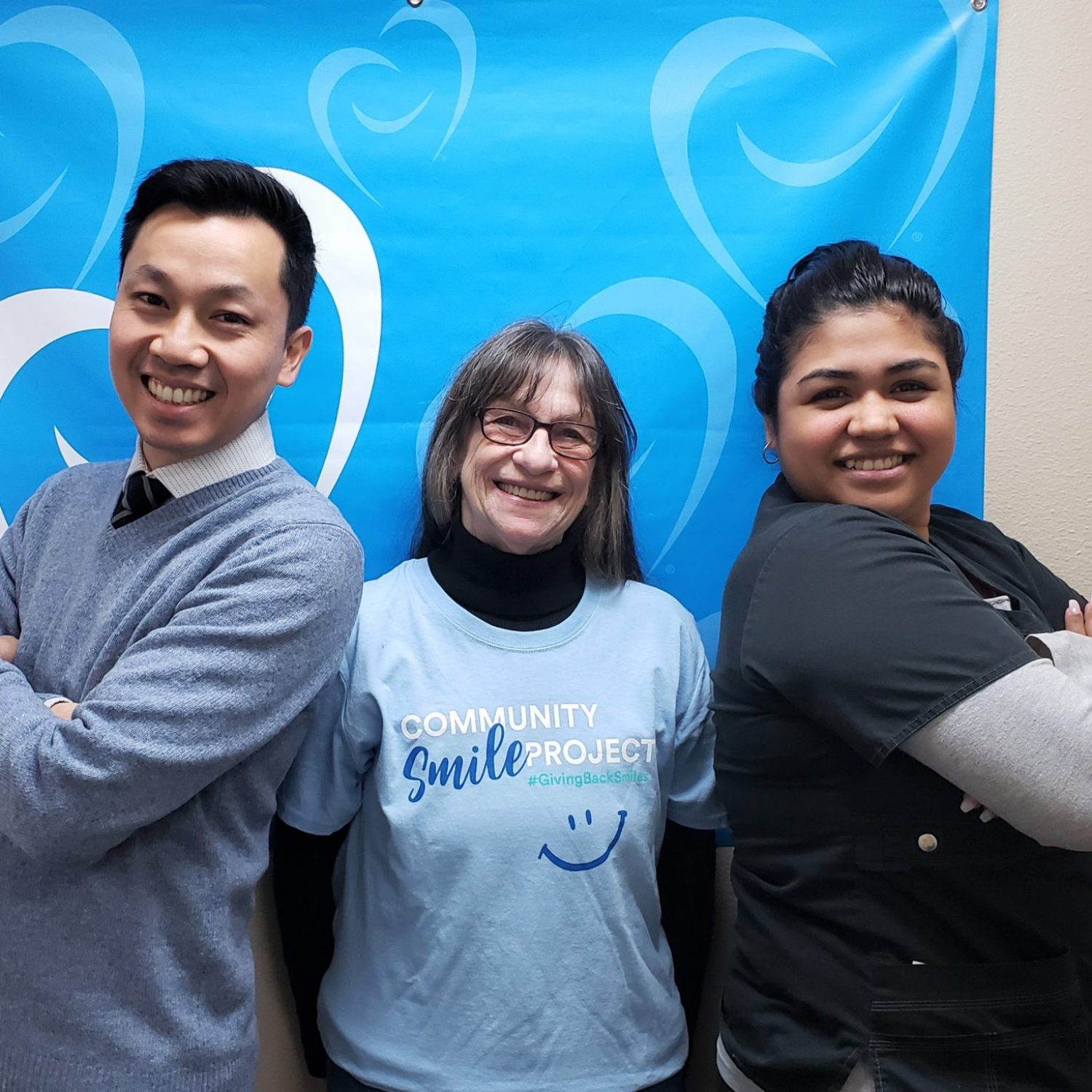
Community Smile Projects
Smile Makeovers
Smile Brands affiliated providers and support staff provide extensive dental services for select individuals in need from their local community. These patients are often identified at a Day of Giving as someone needing services that cannot be completed at a Day of Giving, including root canals, dentures and implants. They may also be a returning patient who simply cannot afford extensive care and has no insurance to cover it. A provider will decide to offer these services pro-bono to a patient, and the patient will receive complete restorative services – a full Smile Makeover.
Implanting Inspiration
In partnership with Smile Brands Inc., Implant Direct and DDS Lab, select patients in need receive dental implants free of charge.
